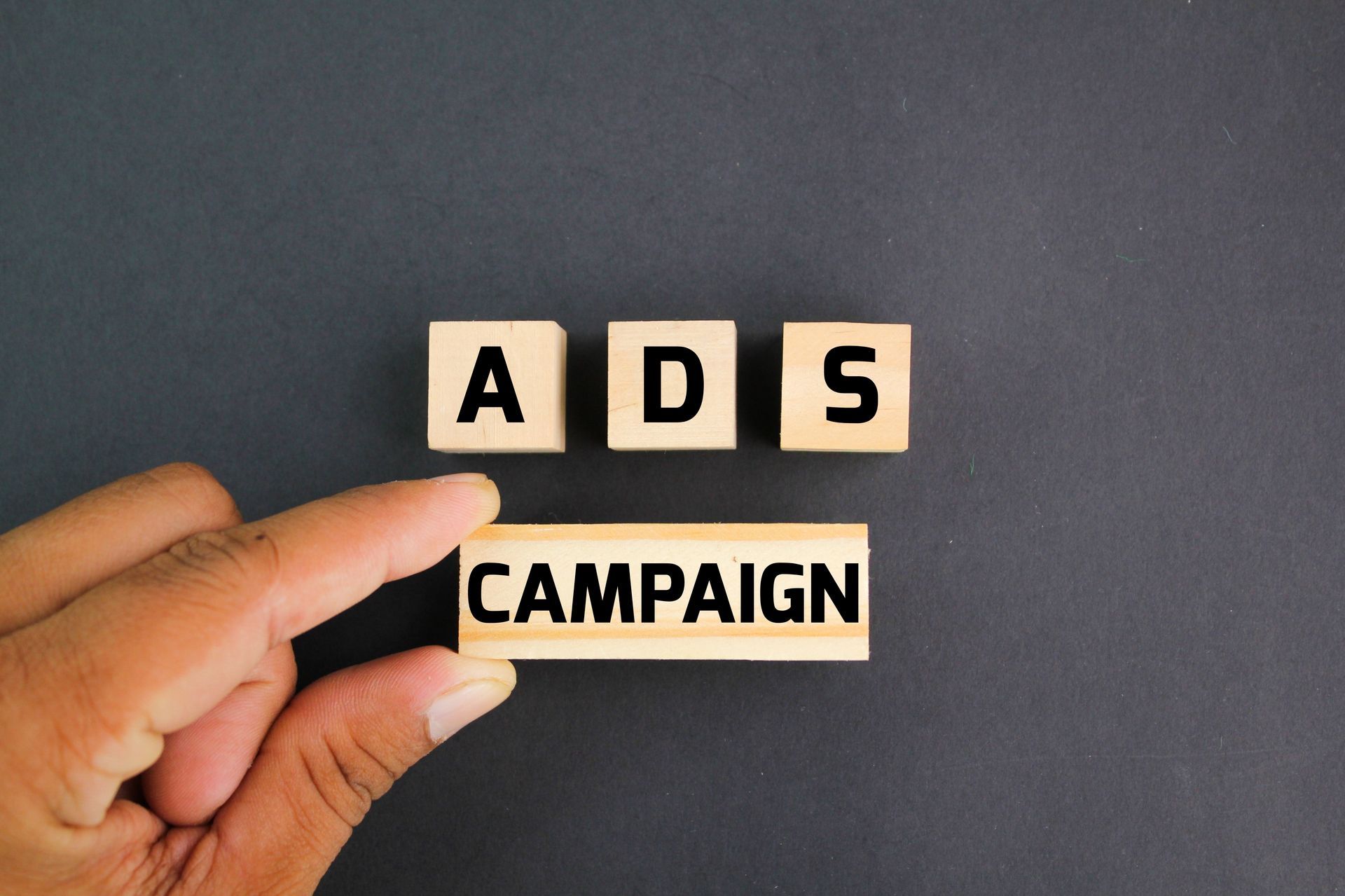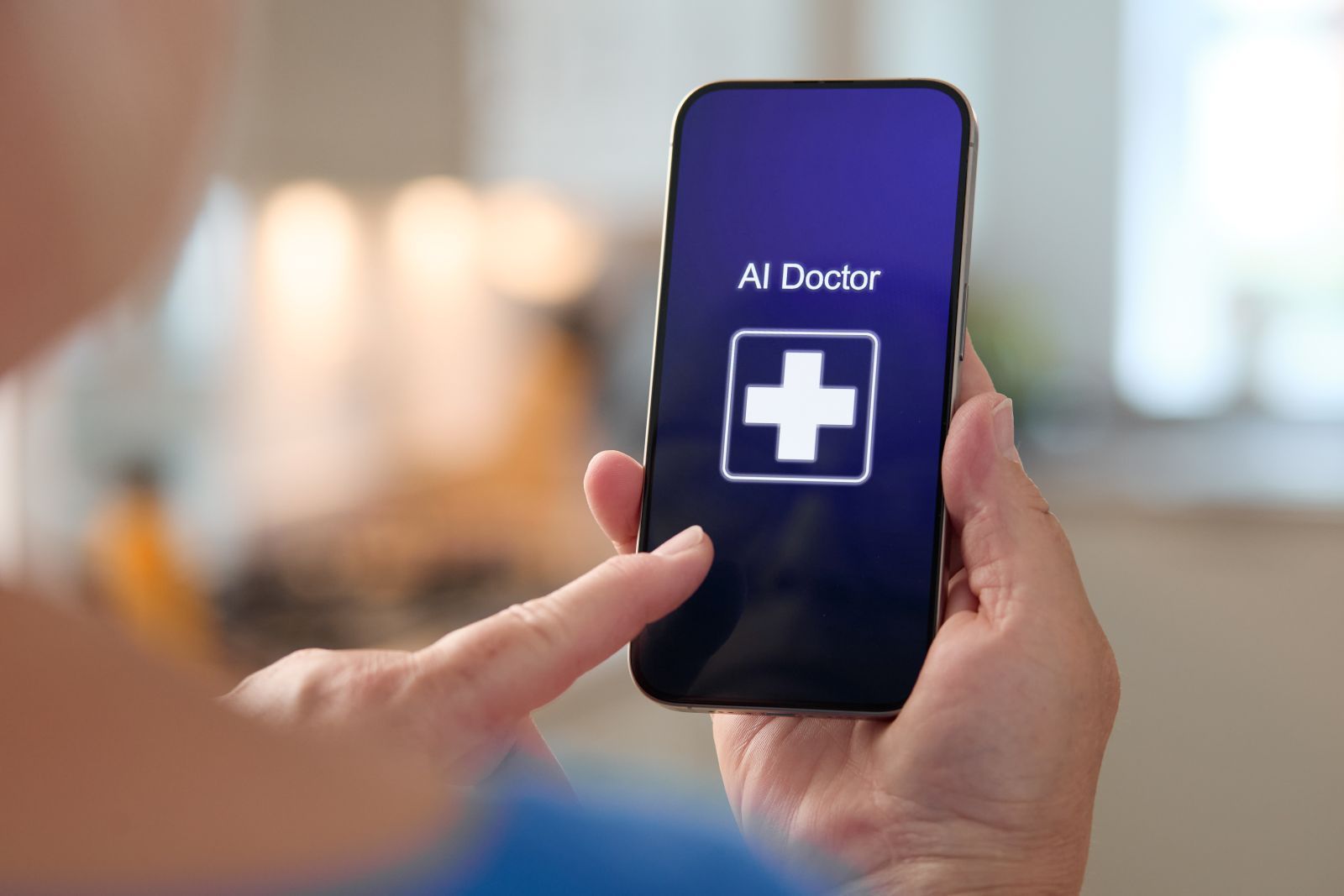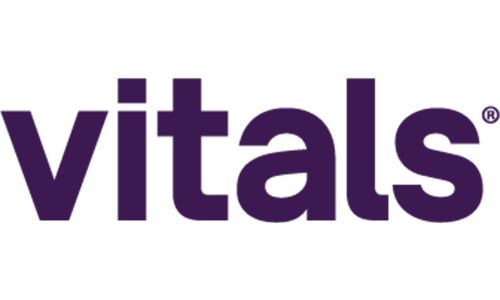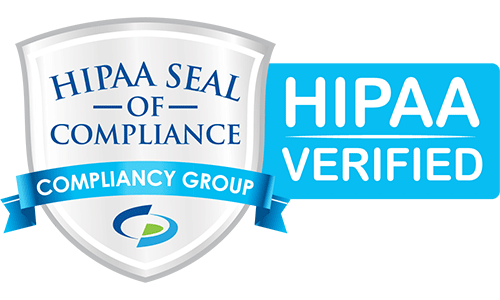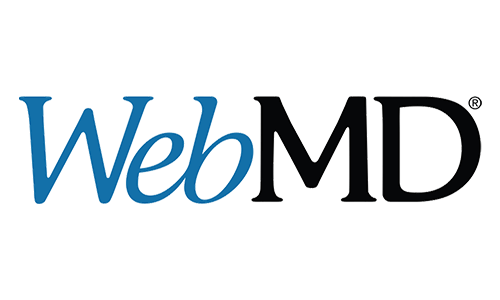Generative Engine Optimization (GEO) in Healthcare: The Next Big Shift in Medical Content Strategy
Imagine a patient typing, "What are the latest treatments for sleep apnea?” into ChatGPT. If the AI references your published guideline, you've gained a trusted patient. This is healthcare GEO in action.
For medical providers, hospitals, and healthcare organizations, this shift is critical. Here’s how medical GEO works and what you can do to stay ahead.
What is Generative Engine Optimization (GEO)?
Generative Engine Optimization (GEO) is an innovative approach that enhances how content is created, analyzed, and utilized by leveraging advanced AI models. Think of it as a smart system that identifies patterns and generates optimized results to improve both efficiency and accuracy.
For healthcare professionals, GEO serves a specific role: optimizing medical content so it is effectively recognized and referenced by AI-powered tools—not just search engines like Google. Unlike standard SEO, which targets keyword rankings, healthcare GEO ensures your content is precisely understood and cited by AI models such as ChatGPT, Gemini (Google AI), Microsoft Copilot, Perplexity and Claude AI. This means your expertise reaches clinicians, patients, and decision makers through the latest AI-driven platforms.
How Does Healthcare GEO Differ from SEO?
| Standard SEO | Healthcare GEO |
|---|---|
| Targets Google’s algorithm | Optimizes for AI models |
| Focuses on keywords & backlinks | Prioritizes authoritative citations (PubMed, WHO, FDA, CDC) |
| Uses meta descriptions & headers | Structures content in Q&A format for AI readability |
| Ranks based on links & engagement | Ranks based on accuracy, recency, and credibility |
Why Should Physicians Care About Healthcare GEO?
Here’s why doctors should prioritize medical GEO now:
1. Patients Are Using AI for Medical Advice
- Sixty-eight and four tenths percent of patients have turned to AI tools like ChatGPT for health information. (PRS Journals 2024)
- A recent study by the National Institutes of Health (NIH) indicated that 48% of consumers use generative AI for health-related inquiries.
If your expertise isn’t optimized for healthcare GEO, AI may pull answers from less reliable sources, leading to misinformation.
2. GEO Helps Combat Medical Misinformation
- AI models generate inaccurate or fabricated answers — known as hallucinations—when they don’t have access to reliable, verified sources.
- By optimizing for Generative Engine Optimization, physicians can:
- Ensure AI cites peer-reviewed guidelines (e.g., AHA, ADA)
- Correct myths
- Provide up-to-date, evidence-based answers
3. Boost Practice Visibility Without Relying Only on SEO
- Traditional SEO ranks websites on Google, but GEO determines if AI recommends your content.
4. AI Will Soon Power More Than Just Chatbots
- Future applications of healthcare GEO include AI-assisted diagnosis tools, voice search capabilities, and Electronic Health Record (EHR) integrations where AI pulls the latest treatment guidelines directly into physicians’ workflows.
- Physicians who embrace medical GEO now will gain a significant advantage as AI becomes increasingly integrated into healthcare.
5. GEO Enhances Patient Education & Engagement
- Since AI often summarizes medical information for users, optimizing your content for healthcare GEO means your guidance reaches patients in an easily digestible format.
Best Practices for Optimizing Healthcare GEO Content
Want your medical content to rank well in AI-generated answers? Here are some GEO optimization strategies:
1. Establish Authority with Trusted Citations
Cite- trusted medical journals (NEJM, JAMA), FDA guidelines, and WHO reports. AI models prioritize peer-reviewed journals, medical associations, and government health agencies.
2. Use Conversational, Long-Form Q&A Formats
Structure the content for AI readability by integrating natural language phrases that patients might use when asking AI, such as replacing "Ear infection causes" with "What are the most common causes of ear infections, and how can they be managed?" Additionally, include clear definitions, step-by-step explanations, and clinical insights to enhance understanding.
3. Optimize for Featured Snippets & AI Summaries
AI engines pull key snippets from content. To increase visibility, use bullet points and tables for quick scanning.
4. Keep Content Updated & Fact-Checked
AI favors recent and accurate data so keep contents, guidelines, drug approvals, and treatment protocols up to date regularly.
Is Your Healthcare Content GEO-Ready?
Generative Engine Optimization is not just a trend—it’s the future of medical information discovery. By optimizing for healthcare GEO, you ensure your content reaches patients, doctors, and researchers where they increasingly search: AI-powered engines.
Next Step? Audit your top medical content today—does it align with GEO best practices?
If you are looking to optimize your online presence for AI search engines, feel free to
contact
Clinician Box for a free consultation. We’ll audit your content’s AI compatibility and help you stay ahead in the evolving digital healthcare landscape.


